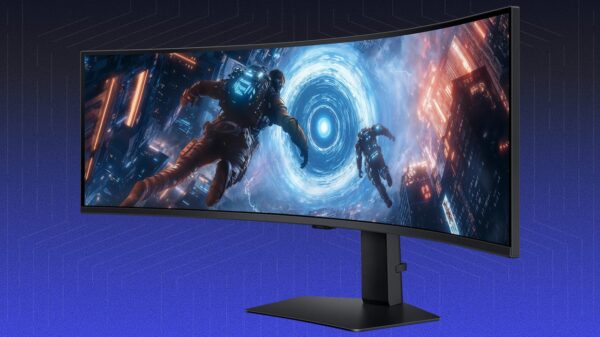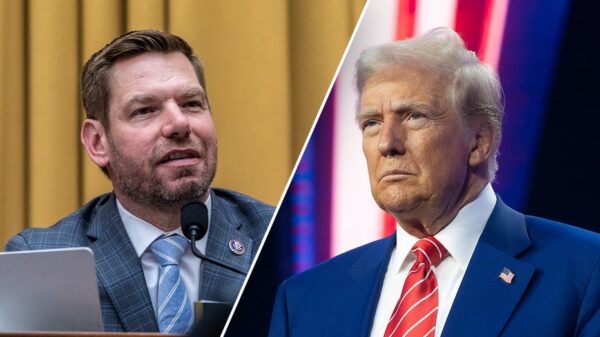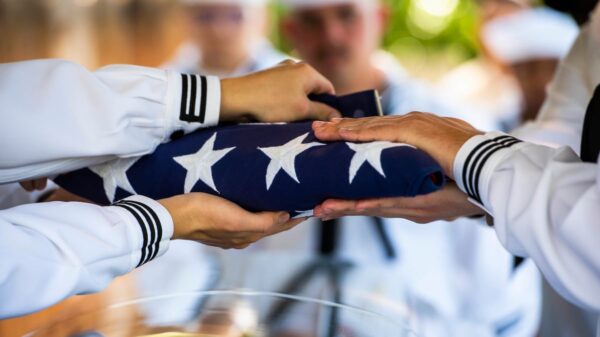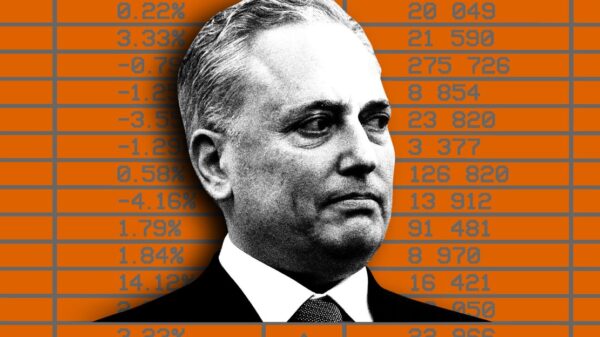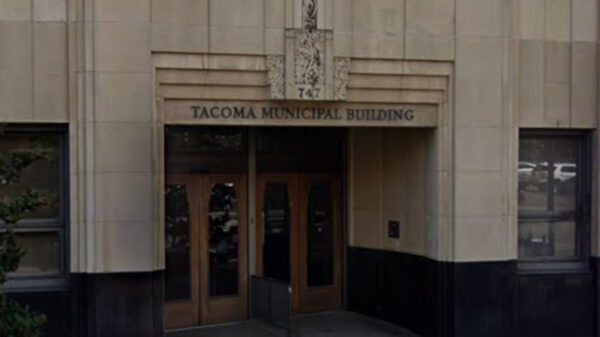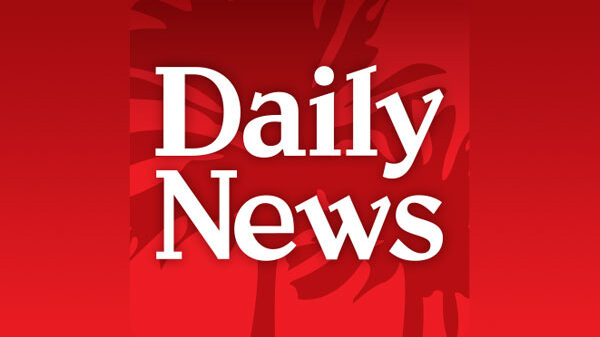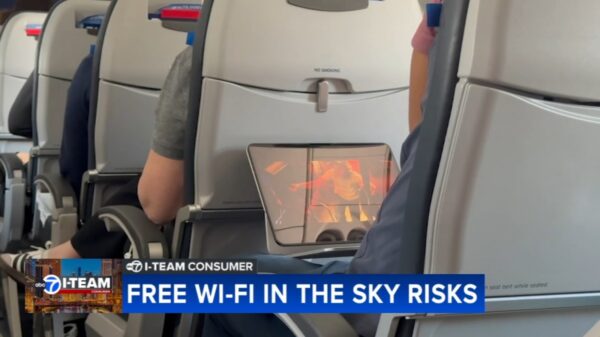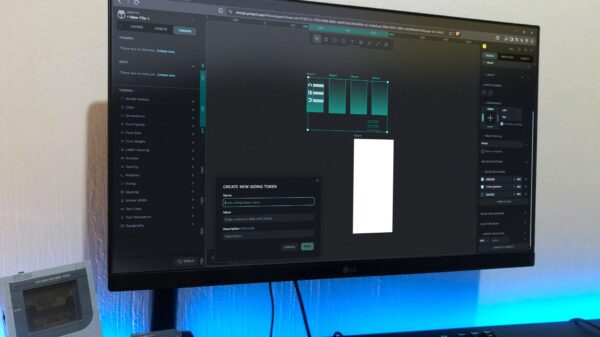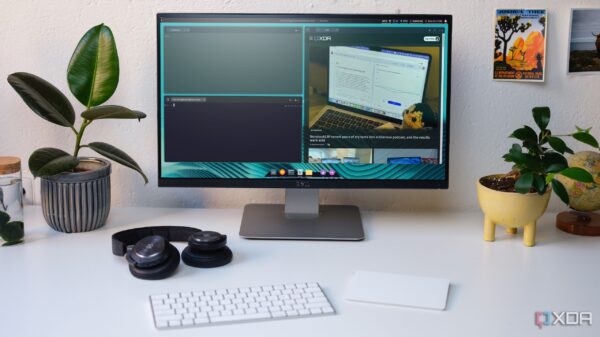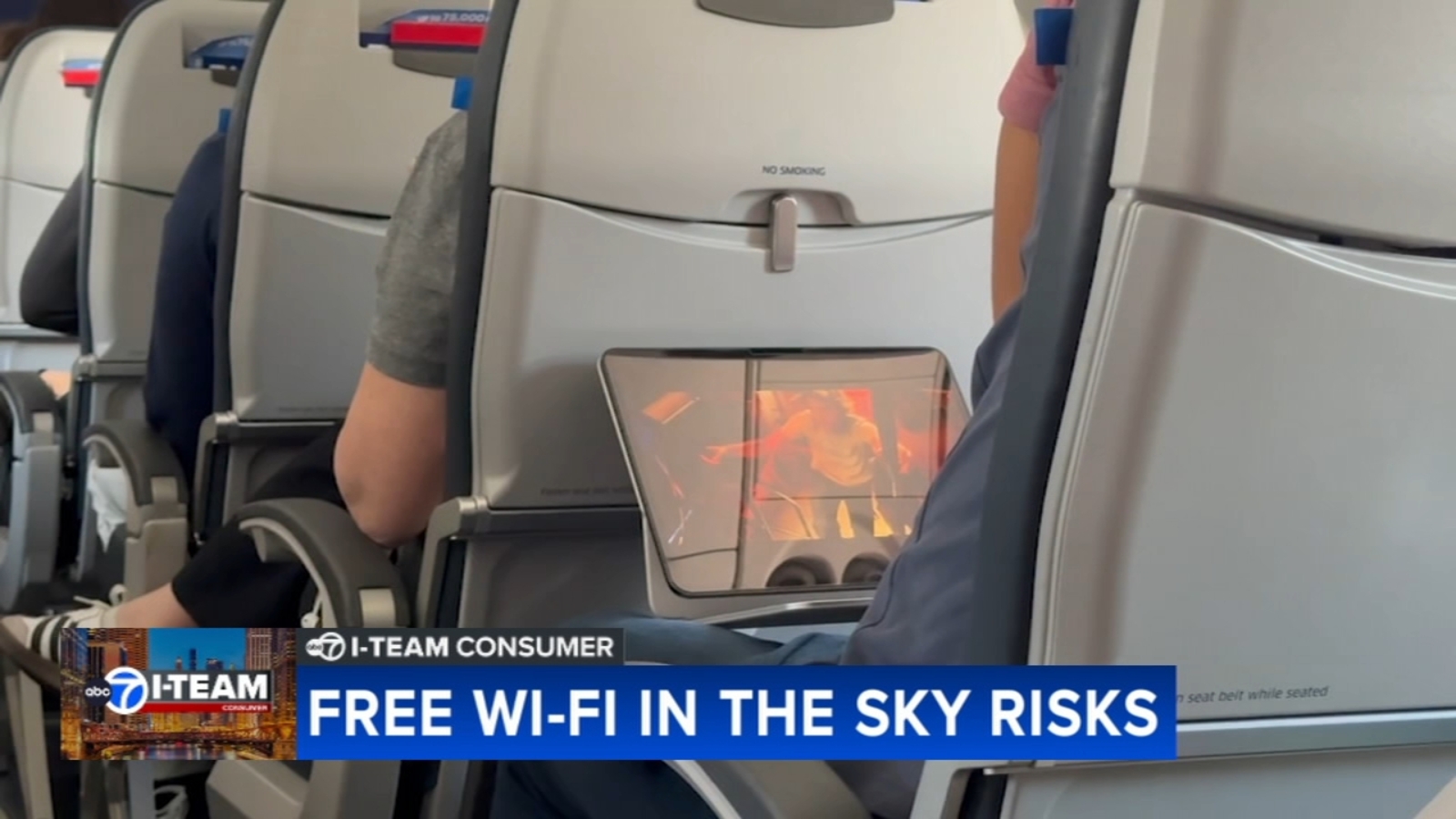As major U.S. airlines expand complimentary in-flight Wi-Fi services, passengers must remain vigilant about cybersecurity risks associated with these free offerings. While accessing the internet at cruising altitudes may seem appealing, experts warn that increased usage can attract cybercriminals who exploit unsecured connections.
Katy Nastro from Going.com highlights that passengers typically need to be members of an airline’s loyalty program to access free Wi-Fi, but this feature is now widely available across several carriers. With one airline’s initiative often prompting a wave of similar offerings, the trend towards free connectivity is evident.
Nevertheless, cybersecurity experts from Saily.com, part of Nord VPN Security, emphasize the dangers that come with such conveniences. Matas Cenys, a representative from Saily.com, explains that hackers can employ a “man in the middle” technique. This allows them to intercept all data traffic between a user’s device and the internet. “The hacker essentially becomes a conduit for all my online activity,” Cenys stated.
The risk mirrors that of public Wi-Fi networks on the ground. Cybercriminals can create fraudulent login portals resembling the airline’s official page, known as an “evil twin.” If a nearby hacker has a stronger signal, unsuspecting passengers might inadvertently connect to this fake network. Cenys cites a recent incident in Australia where a hacker executed such an attack, capturing users’ emails and social media login details.
Given that crowded airplane cabins present an attractive target for scammers, it is crucial for passengers to adopt safe browsing practices. Passengers should be cautious of duplicate Wi-Fi names and verify the official network with cabin crew if any doubts arise.
To enhance security, experts recommend accessing only HTTPS sites and steering clear of personal information on financial websites while using public Wi-Fi. Additionally, disabling file sharing and AirDrop features can minimize exposure to potential threats.
For those seeking robust protection in the air, utilizing a virtual private network (VPN) can create an encrypted connection, further safeguarding personal data.
Airlines for America, the trade association representing leading U.S. airlines, asserts that passenger safety and security remains a top priority. The organization notes that airlines are continually investing in advanced technology to enhance cybersecurity measures and ensure passenger protection.
As airlines continue to roll out free Wi-Fi, awareness and proactive measures will be essential for passengers aiming to navigate the digital sky safely.


